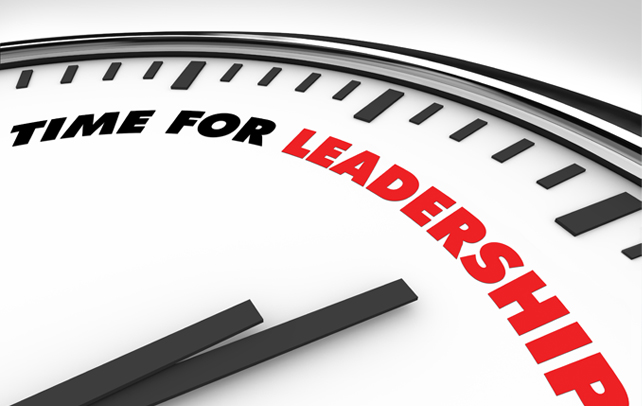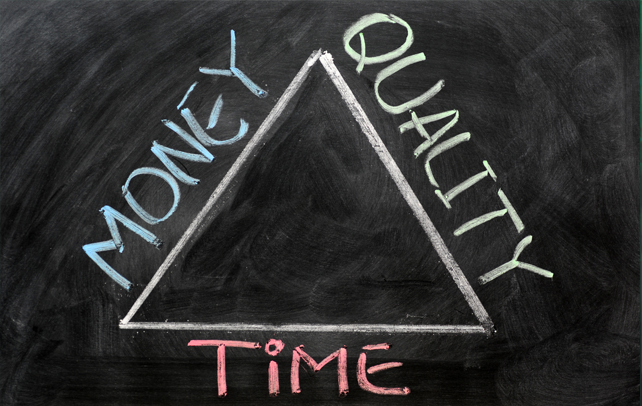Developing Leadership Skills

“I suppose leadership at one time meant muscles; but today it means getting along with people.” – Mohandas K. Gandhi. A leader is one who drives the masses to act in harmony towards attaining a common goal. In today’s world, a person with great leadership qualities is highly sought after. For any organization, a person with leadership qualities holds outmost importance. A leader is an asset for his organization. Hence, you must strive to gain leadership skills in order to boost your career opportunities. It is not easy though. It is often said that a leader is not born, he is made. But how? There are certain essential traits that one has to exhibit to be a great leader. Possession of these virtues may not be sufficient but they are essential beyond the scope of dubiety. If you aspire to be a leader you must possess such virtues. You have to be consistent in their practice so that they become embedded in your behavioral manifestations. Listed below are all the attributes, which a leader must possess. Go through these most important features of leader and try to embrace them in your personal life.
How To Develop Leadership Skills
Communication Skills
Effective communication skill is the foremost quality of a leader. Someone who is eager to develop leadership qualities must possess good communication skill. Speak coherently and calmly with a tinge of assertiveness. To be a good leader, strive to improve your verbal skills. As a leader you will always have to communicate your ambitions, requirements,and expectations to your subordinates effectively. Try to be as precise and as lucid as possible while you speak. Motivate others as well.
Keep Focus On Your Goals
To develop great leadership qualities, always keep your eyes fixed on your goals and set timelines. Devise plans and stick to them unflinchingly. You must have a clear vision where you want to lead yourself and others. “The very essence of leadership is that you have to have a vision. You can’t blow an uncertain trumpet.” – Theodore M. Hesburgh Always keep setting higher and higher goals and stretch to reach them.
Discipline And Determination
Discipline yourself, not only in actions, but in thoughts as well. A leader is always disciplined and organized. If you are fizzled, there is every chance that your team will be too, and the productivity will be much less. Keep an eye on the deadline set for a particular task. Even if your deadlines are self-proposed, don’t be reluctant and stick to it. Display of determination and commitment is the most important characteristic for those who want to be followed. A leader’s sincerity devotion and determination towards work increases his respectability among his subordinates. Shun procrastinating habits and unwise frittering away of time.
Self-Confidence And Courage
Confidence is perhaps the most important trait of a good leader. Conduct yourself with confidence and dignity. Develop decision making abilities. Don’t be shy or timid. Don’t be afraid of failures or criticisms. Talk to yourself when you are alone. Imbibe yourself with positivity. Always try to look at the brighter side or the broader picture. Positivity and self-confidence are contagious. Associate yourself with positive people only. A positive person can help motivate others when the going gets tough. Courage makes a leader seek new solutions to old problems. Only courage brings change and who else but a leader can bring a change for a better future.
Concentrate On Your Strengths
A looser knows what his strengths are, but concentrates on his weakness, and a leader knows what his weaknesses are, but concentrates on his strengths. Figure out what your strengths are? What are the gifts are you born with? Nurture and perfect them. Your strengths and your gifts will make you a formidable leader.
Humility And Composure
Humility is also one of the key characteristic features of a leader. Try to be humble and composed. No one likes his leader to be loud, aggressive or violent. Keep your head cool. Don’t exhibit too much emotion. Avoid bragging or boasting about your abilities or achievements. Give credits to others as well. If someone has to say something, even if his or her suggestions are beyond the scope of considerations, listen to him or her and show due respect. Great leaders are great listeners as well. Talk to others and take their suggestions. Ask them what you don’t understand. There is no shame in asking or taking help of you subordinates. Rather your humility makes you more respectable.
Continue To Improve And Educate Yourself
Great leaders keep evolving themselves with time. No one is ever too old to learn. No one is perfect or omniscient. To be a great leader, you have to keep evolving. Keep learning, always look to better yourself in every possible way. Celebrate your success and learn from your failures.
Live In Accordance With Your Morals And Values
Making choices and taking actions aligned with your morals and values helps you succeed almost effortlessly. People sense integrity and will naturally respect your opinion and leadership. So, you must show unflinching allegiance to your moral and ethical virtues irrespective of the situation if you intend to establish yourself as a leader.
Most of the leaders have their own distinctive styles, yet there have been some prevalent characteristic commonalities. These commonalities, however, can be said to be the fundamentals of leadership. These seemingly common traits are, in fact, extremely rare as very few possess all of them. Therefore, whoever aspires to be a great leader must adopt and cultivate these traits. It is not possible for anyone to turn into a great leader overnight. Dedication and perseverance holds the key in this process of becoming a good leader. You have to be patient and optimistic while you instill these virtues in yourself.












